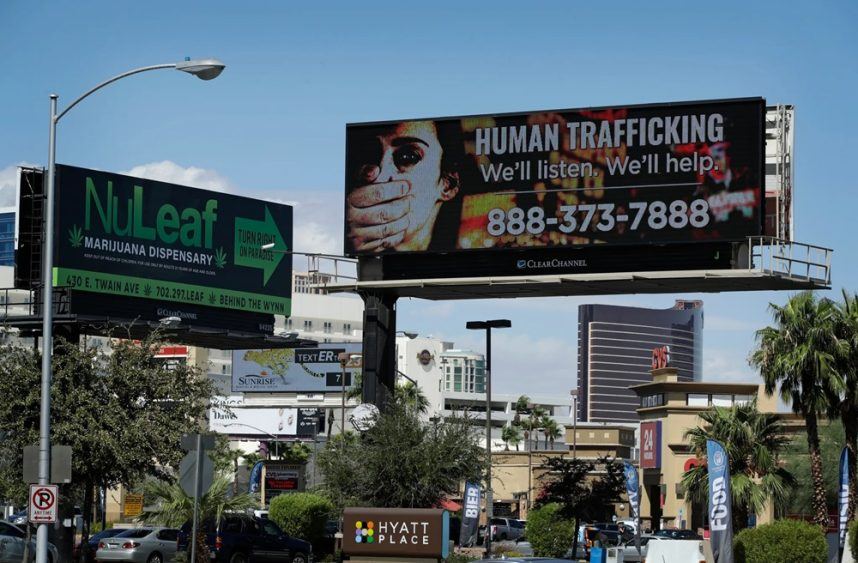Date Posted: December 4, 2024, 07:56h.
Last Updated On: December 4, 2024, 07:56h.
A federal judge in Nevada has thrown out a lawsuit filed against two Las Vegas gaming operators by a woman who alleges she was coerced into working as a prostitute at their casinos starting at the age of 14.

The plaintiff, known as “Tyla D.,” accused MGM Resorts and Boyd Gaming of ignoring her situation because Las Vegas has always had a “commercial sex sector that is nominally illegal but nearly omnipresent.”
Controlled and Threatened
According to the complaint, Tyla D. was trafficked into prostitution at the age of 14 after running away from home. She was controlled and threatened by multiple men who beat her, raped her, forced her to have sex with strangers, took most of her earnings, confiscated her identification documents, controlled her access to basics like food and shelter, and monitored her at all times.
The plaintiff was first forced into prostitution as a minor in 2006 and 2007, and later as an unwilling 20-year-old in 2013. She was trafficked at Mandalay Bay and MGM Grand, both MGM Resorts properties, and The Orleans, a Boyd property.
In 2013, casinos began using facial recognition software to help security identify suspicious individuals. This technology flagged Tyla D. as a frequent visitor to the casino, but staff did not take action, according to the lawsuit. This indicated the casinos’ involvement in her situation, she argued.
Time Barred
Chief U.S. District Judge Andrew P. Gordon dismissed the lawsuit in part because the 10-year statute of limitations had expired. He found that there were no exceptional circumstances that prevented a timely filing.
Tyla D. claims she continues to have nightmares about her experience and suffered from a “mental block” that made her think she wouldn’t be taken seriously.
Gordon also ruled that Tyla D. did not provide any evidence to support her claim that “the hotels knew she was engaging in sex work as a result of trafficking or that their casino operations assisted, supported, or facilitated the trafficking.”
T.D. argues that the defendants identified her as a sex worker and should have inferred that she was a victim of trafficking based on probability,” Gordon wrote.
“[…] It’s not sufficient to show that a defendant knew that commercial sex was happening at its property. The complaint must reasonably allege that the defendant knew or should have known about a trafficking operation involving force, threat, fraud, or coercion.”
However, Gordon gave Tyla D. until December 20 to file an amended complaint addressing these issues.


